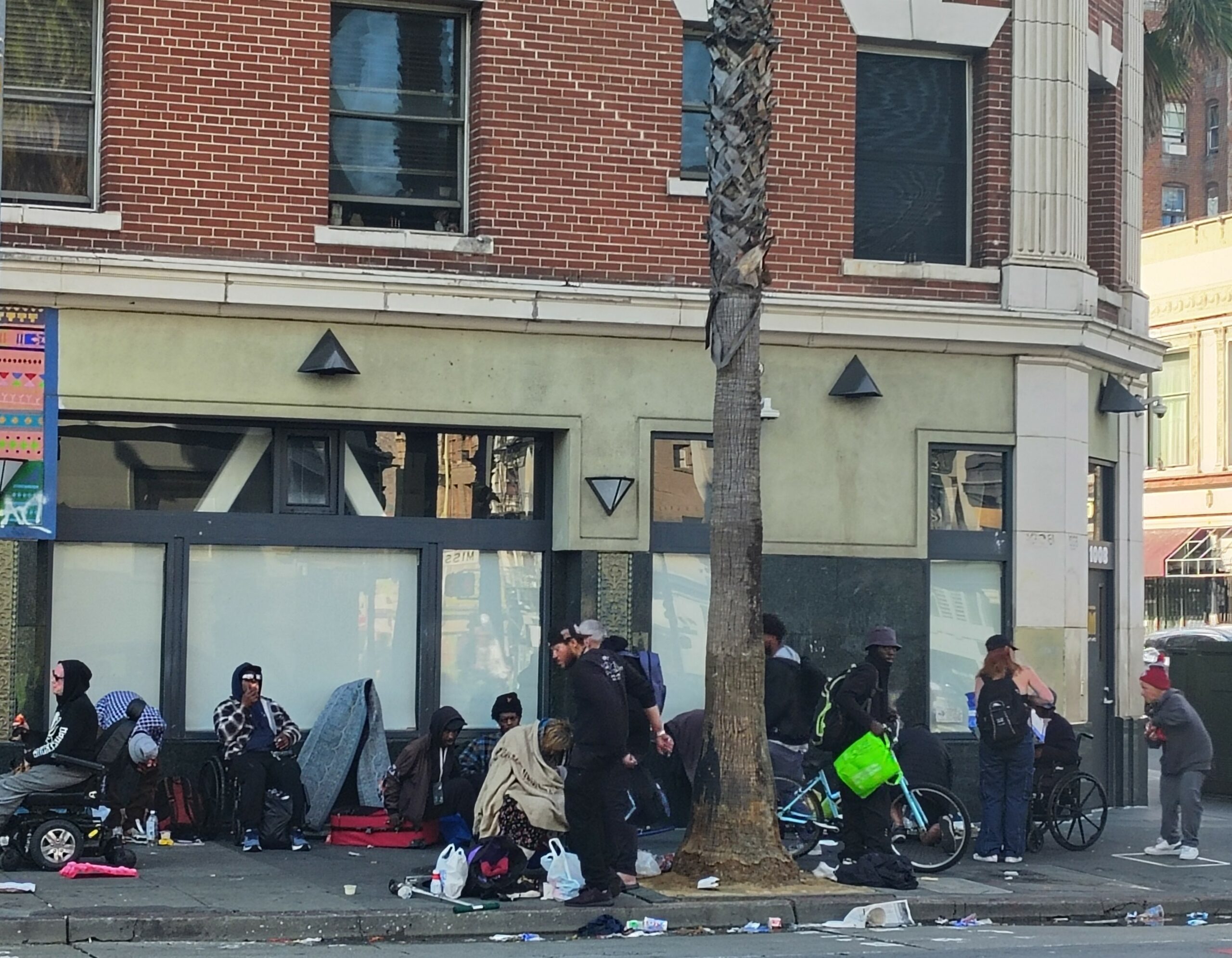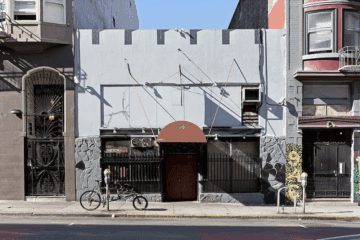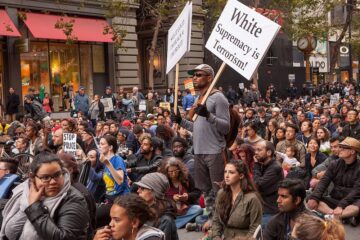New Trump Policy Could Create Homeless-to-Prison Pipeline

The Trump regime, through the U.S. Department of Housing & Urban Development, is seeking to sanction long-term, low-income rental subsidies. Trump would emplace two-year maximums on government-assisted rental subsidies, potentially resulting in biennial relocations—or worse, evictions—on low-income renters. The Trump administration will allegedly consider the elderly and people with disabilities exempt. However, additional housing assistance recipients may find themselves on the cusp of an arbitrary, fabricated crisis.
Trump wants to criminalize poverty.
In the United States, where most employers barely pay enough to cover rent, Trump’s proposed cuts would be utterly devastating. San Francisco is notorious for its astronomical rents. Indeed, the Terner Center for Housing Innovation reports 86% of California residents cannot comfortably afford housing in the city. The Center also concludes that the average rent for tenants reliant on assistance is 1.23 times the household monthly income. Trump would also require employment verifications for continued assistance qualification.
Trump’s war on the poor and impoverished isn’t limited to low-income renters. His administration issued an executive order on July 24 encouraging cities to enforce prohibitions against vagrancy and open drug use. The language eerily echoes policies already in place in San Francisco. “The Order redirects funding to ensure that individuals camping on streets and causing public disorder and those suffering from serious mental illness or addiction are moved into treatment centers, assisted outpatient treatment, or other facilities.”

Another states: “The Order ensures discretionary grants for substance use disorder prevention, treatment, and recovery do not fund drug injection sites or illicit drug use.” This movement from harm reduction to more punitive measures indicates an ideological shift towards dehumanizing governmental strategies. This is in addition to ongoing ICE raids throughout the United States.
Unsurprisingly, many advocacy groups are harshly and justifiably condemning the measure. In a statement dated July 31: “The Trump administration seeks to criminalize homelessness through increased encampment sweeps, through the forced institutionalization of people struggling with substance use disorders and mental health issues, and by defunding harm reduction programs. These tried and failed tactics do not address the root causes of homelessness—which include rising rents, lack of affordable housing, poverty wages and the gutting of life saving and essential social aid programs.”
Will history repeat itself?
Prison Policy Initiative Digital Communications Strategist and journalist Regan Huston writes that, “…state psychiatric hospitals aren’t typically run by departments of correction, but they are in reality much like prisons. At least 38 states also allow involuntary commitment for substance use disorder treatment, and evidence suggests that these supposed ‘treatment facilities’ are not effective. Notably, it can be extremely difficult for these ‘forensic patients’ to be released as they may remain hospitalized for decades or for life.”
The state of California allows involuntary commitment for substance use disorder treatment.
While the future remains unclear, the ramifications of Trump’s policies could be especially grim. Restricting rental subsidies to two years while increasingly criminalizing homelessness would effectively slot low-income earners into hospital or prison. In our oligarchal society undergoing late-stage capitalism, low wages and soaring rents already threaten tenants, especially in San Francisco. It isn’t difficult to imagine how quickly one might go from the brink of homelessness, to living on the streets, to prison. How long before we see the proliferation of American gulags?

Howdy! My name is Katy Atchison and I'm an Associate Editor for Broke-Ass Stuart.
I want to take the time to say thank you for supporting independent news media by reading BrokeAssstuart.com. Supporting independent news sources like Broke-Ass Stuart is vital to supporting our community because it amplifies the voices of a wide variety of diverse opinions. You also help support small businesses and local artists by sharing stories from Broke-Ass Stuart.
Because you're one of our supporters, I wanted to send over a pro-tip.
Our bi-weekly newsletter is a great way to get round ups of Broke-Ass Stuart stories, learn about new businesses in The Bay Area, find out about fun local events and be first in line for giveaways.
If you’d like to get our newsletter, signup right here, it takes 5 seconds.







